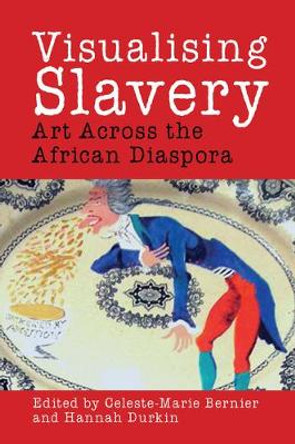Description
The legacy of the Second World War remains unsettled; no consensus has been achieved about its meaning and its lasting impact. This is pre-eminently the case in France, where the experience of defeat and occupation created the grounds for a deeply ambiguous mixture of resistance and collaboration, pride and humiliation, heroism and abjection, which writers and politicians have been trying to disentangle ever since. This book develops a theoretical approach which draws on trauma studies and hermeneutics; and it then focuses on some of the intellectuals who lived through the war and on how their experience and troubled memories of it continue to echo through their later writing, even and especially when it is not the explicit topic. This was an astonishing generation of writers who would go on to play a pivotal role on a global scale in post-war aesthetic and philosophical endeavours. The book proposes close readings of works by some of the most brilliant amongst them: Jean-Paul Sartre, Simone de Beauvoir, Albert Camus, Charlotte Delbo, Paul Ricoeur, Emmanuel Levinas, Louis Althusser, Jorge Semprun, Elie Wiesel, and Sarah Kofman.
About the Author
Colin Davis is a Research Professor of French and Comparative Literature at Royal Holloway, University of London
Reviews
Reviews 'A very significant intervention in the field, likely to be a major point of reference for future work'
Margaret Atack, University of Leeds
'Traces of War: Interpreting Ethics and Trauma in Twentieth-Century French Writing provides a thoughtful and substantive analysis of a wide range of authors, texts, and major debates as it explores the traces of war found in literary works that do not explicitly mention World War II. ... It would make a useful introductory text because of the wide range of key figures and canonical texts addressed, as well as its overview of major debates and key issues present in both areas of study. At the same time, Davis's discussions on ethics are particularly relevant to scholars in trauma studies, and his integration of archival material and unpublished documents offer thought-provoking ways of reframing texts for scholars in twentieth century French studies.'
Heidi Brown, H-France Review
'Reading Davis is like having secrets revealed by an expert analyst who, simultaneously, casts doubt on whether secrets can be fully revealed and on the truths that they contain. His readings of Semprun and Sarah Kofman at the end are fascinating: the relations between writer and text, and history and story, are handled in such a nuanced way that one gets both a profound picture of their lives and works and a sense that any picture is necessarily fictional and incomplete. This book is 'traumatic hermeneutics' at its most stimulating.'
Max Silverman, French Studies
Book Information
ISBN 9781786940421
Author Colin Davis
Format Hardback
Page Count 264
Imprint Liverpool University Press
Publisher Liverpool University Press









